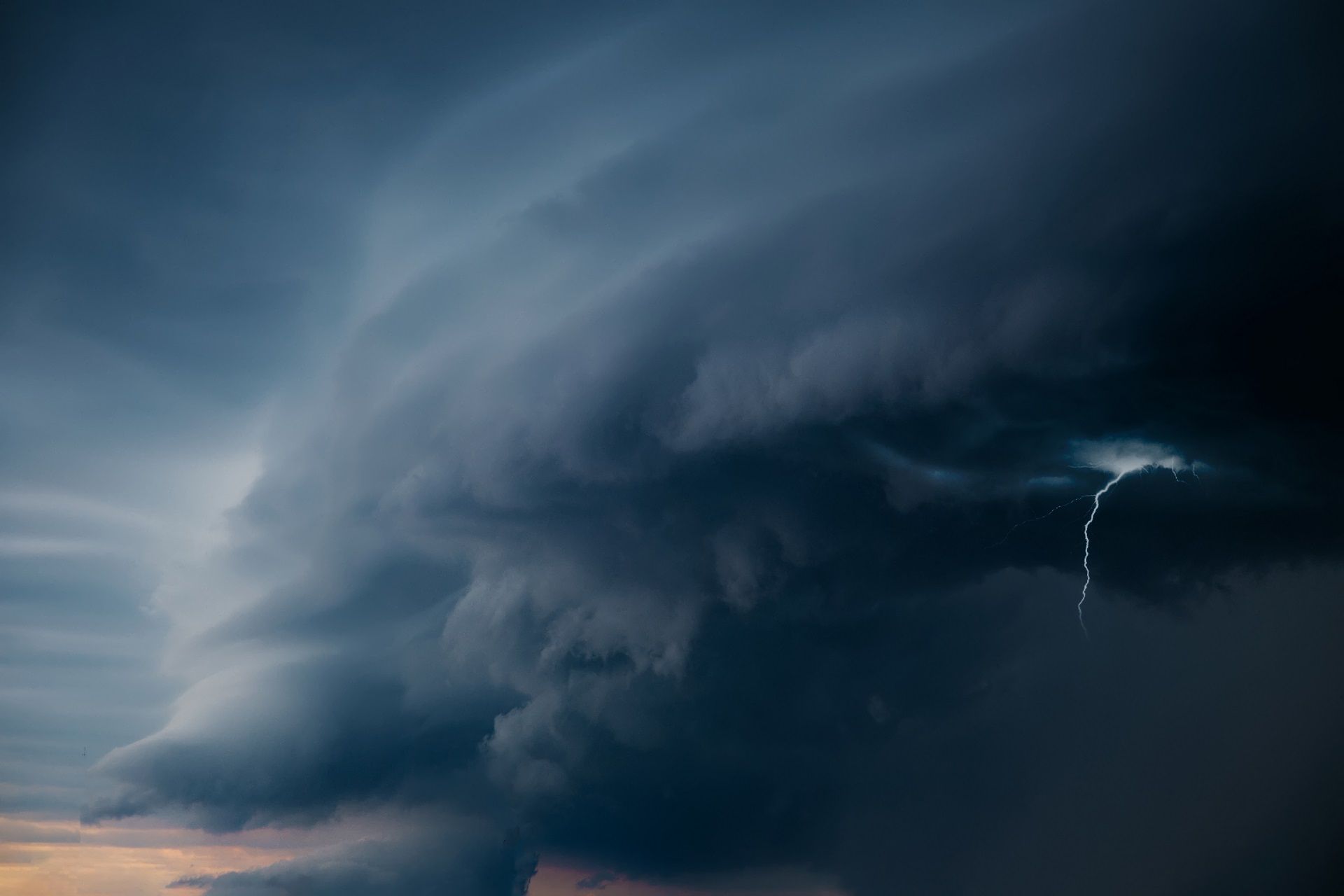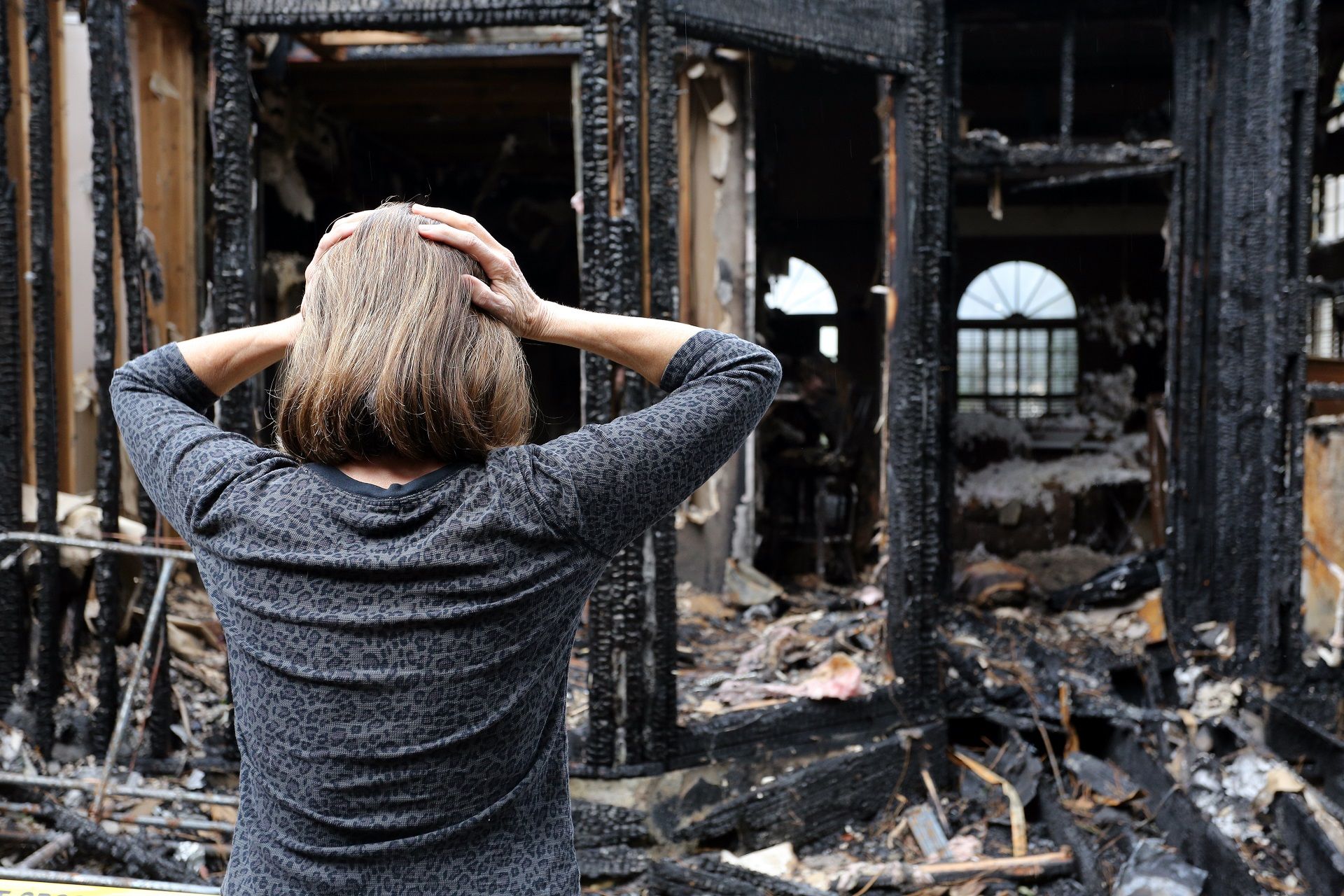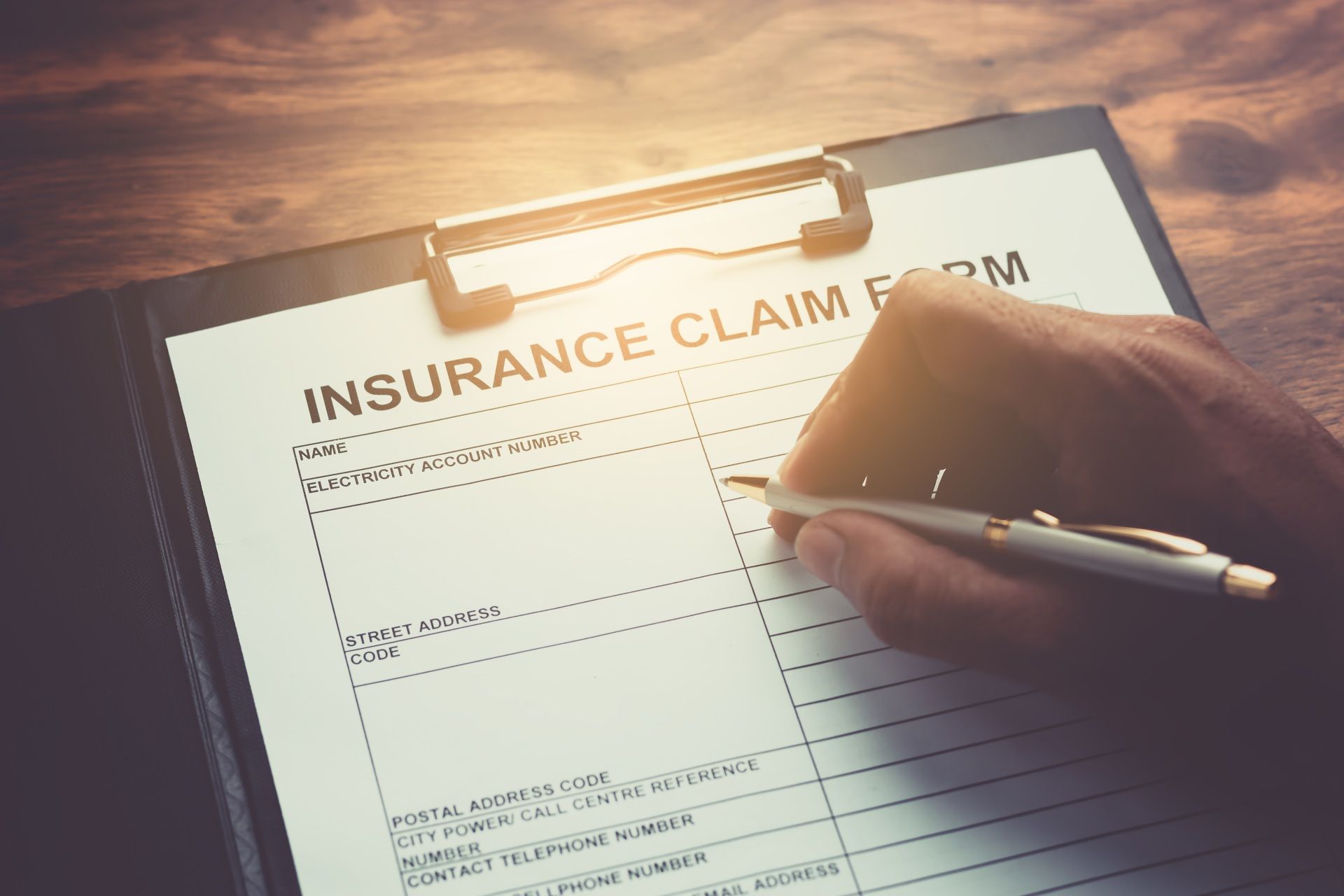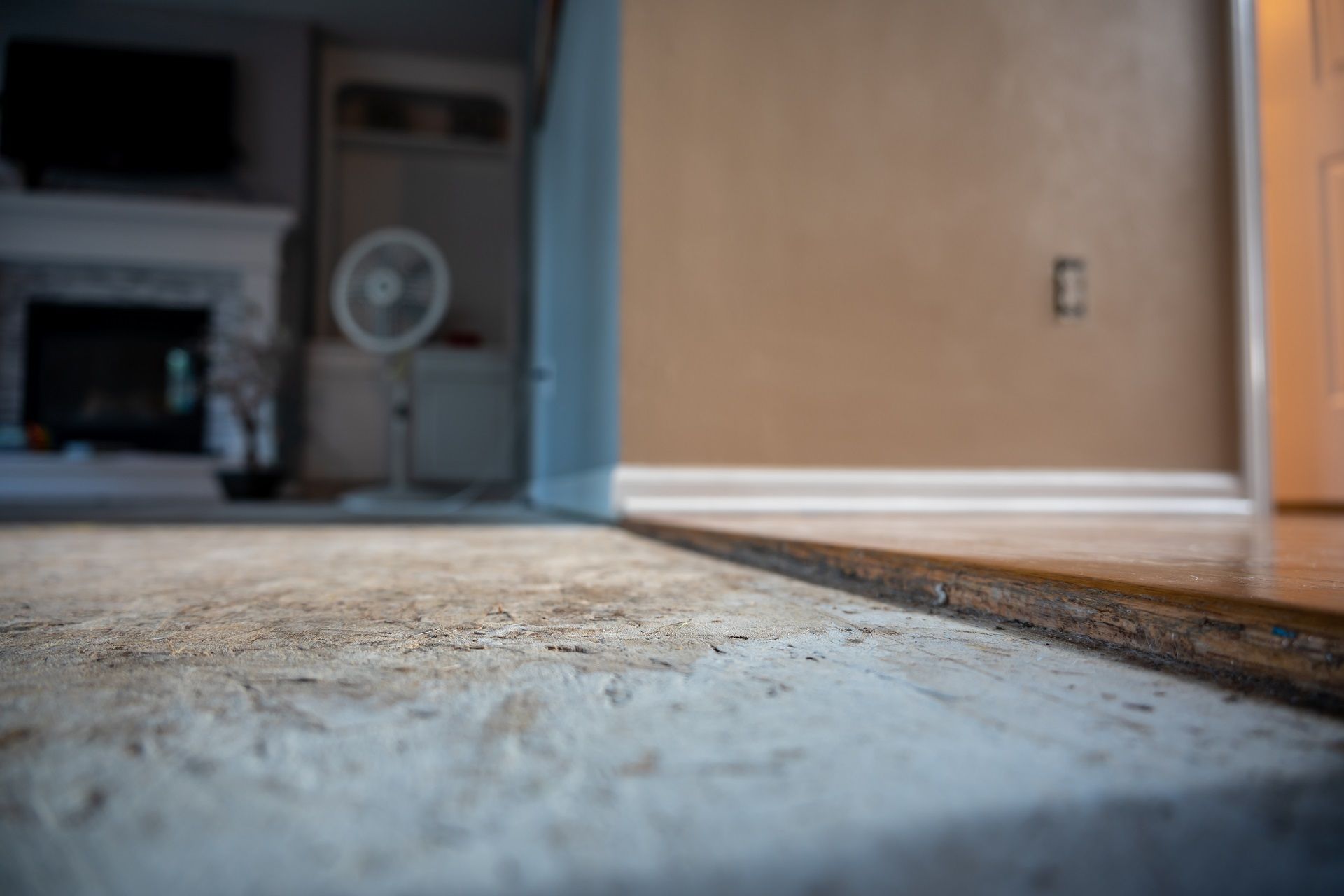Is Mold Damage Covered By My Homeowners Insurance?
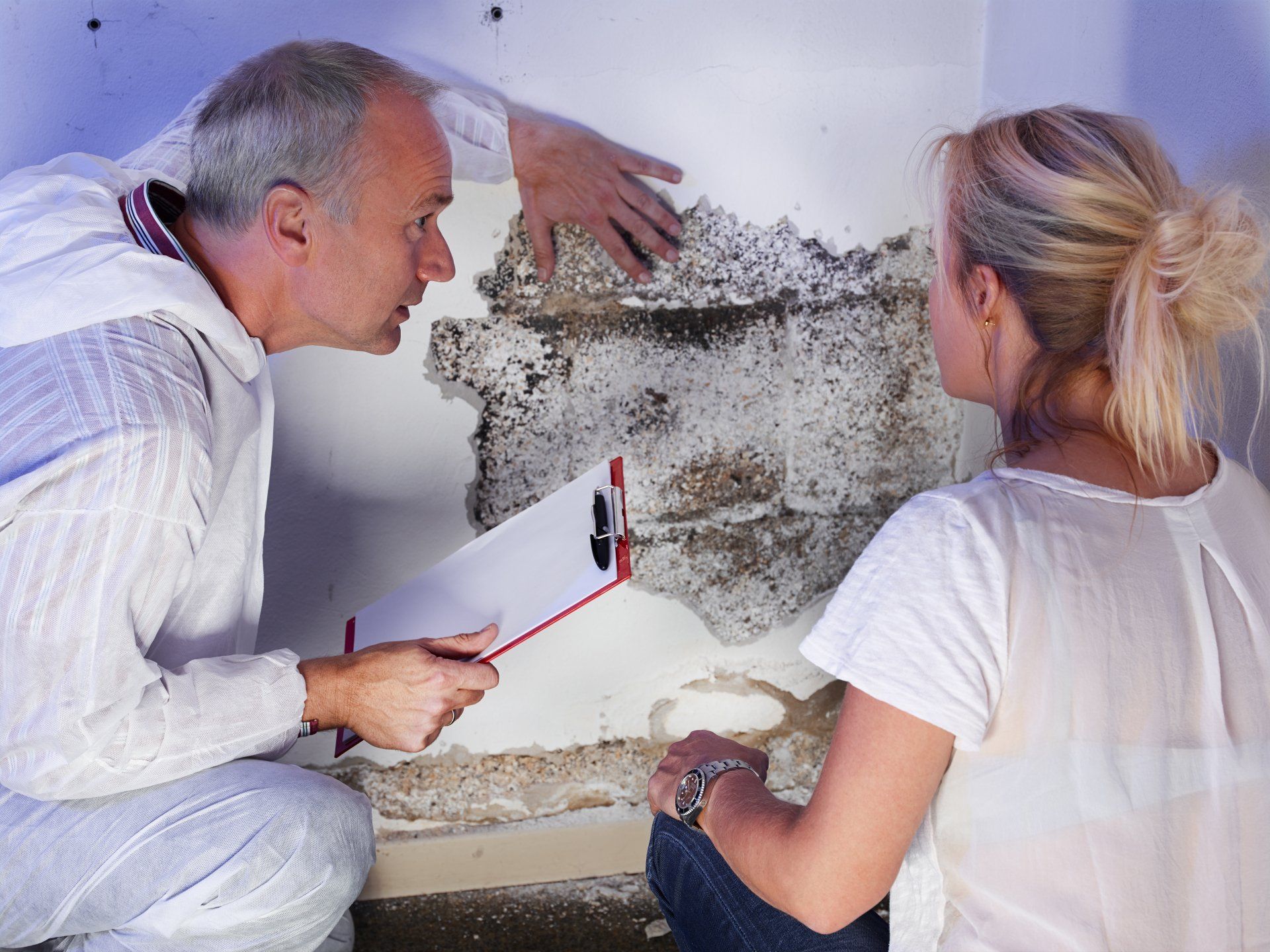
Mold is every homeowner’s nightmare mainly because it is a health hazard and a costly surprise that reduces the market value of your home. It is, therefore, natural for you to want to protect your property against it. The main question that now arises is whether your homeowner’s insurance policy covers mold damage or not? To assume one way or the other would be a foolish mistake because when it comes to claims, the insurance company will only accept those covered under the policy.
Key Points To Remember
1. The homeowner’s insurance policy does not guarantee coverage for mold damage.
2. It may be covered only if the said damage occurs from a covered peril.
3. A flood insurance policy will cover the mold that occurs as a result of flooding.
4. A homeowner can and must take steps or preventive measures to ensure minimal mold damage to their property.
Mold Damage From Covered Perils
Every homeowner’s insurance policy will cover some perils. These are listed in the policy itself. If the peril is not listed, it is not covered.
Mold occurs when water seeps into your home. There could be numerous reasons behind such seepage like damaged plumbing , water heater bursting, etc. The water may penetrate the floor or dampen the walls and cabinets, resulting in mold formation. In this scenario, you have two types of damage:
1. Initial Damage – It is the direct damage caused to your property due to the covered peril. The initial damage could be spoiled appliances, wet floors, and walls, etc.
2. Resulting Damage – The damage that results from the initial damage is the resulting damage. It would cover things like rotten floorboards, peeling paintwork, mold, and so on.
When purchasing the homeowner’s insurance policy, you need to confirm the types of resulting damage that it will cover with the insurer . For example, some policies may cover r mold removal and repainting expenses but may not pay for a burst water heater.
The other point of importance is that the resulting damage covered under the policy may have an upper cap limit . It means that the maximum amount payable will be limited. Hence, say that the cost of repairing the “Resulting Damage” comes to $10,000, but your policy limits it to $7,000. In this case, the difference of $3,000 will come from your pocket.
Mold Formation Due To Acts Of Nature
By “Acts of Nature,” we mean events like floods, hurricanes, earthquakes, etc. Typically, such, even result in significant losses. Therefore, in most states, you need to buy separate insurance coverage against each. The more frequently a natural calamity visits your locality, the higher the chances you will need to buy extra protection against it. These events, too, can lead to mold formation.
Whether your homeowner’s insurance policy will cover the mold damage will depend on which act of nature caused its formation and whether you have purchased protection against it or not. For example, in a standard home insurance policy, there is no provision for flood damage. Only if you have purchased flood insurance will the resulting mold damage be covered. The same stands true if mold is caused due to a hurricane, an ice storm, or a blizzard.
Mold Caused Due To Homeowners Negligence
This is where things tend to get murky. The onus of proving that mold damage has not occurred due to negligence is the homeowner’s duty. Hence, you should keep all bills of upkeep and maintenance handy.
Any mold damage, in fact, any damage caused by the homeowner failing to ensure timely repairs and maintenance, will not be awarded by the insurance company. Ignoring the basic upkeep of your house to your peril only. The expense of its repairs will be borne by you and not the insurance company, even if it is a loss that is covered by the home’s insurance policy.
Let us take an example to clarify things further. As a homeowner, you notice a wet spot on the wall behind the kitchen faucet. You continue to ignore it since it’s a small spot until the pipe bursts and floods the kitchen one day. The insurance company will not cover this loss as you overlooked the need for timely repairs.
Tips To Avoiding Claim Denial For Mold Damage
You can do two things to ensure that the insurance company does not deny your claim for mold damage. These are:
1. Take Preventive Steps – It means taking steps towards ensuring that mold formation does not occur at all. It will consist of:
1. Separating wet and dry areas, especially in the bathrooms.
2. Installing exhaust fans and dehumidifiers in areas that are prone to dampness.
3. Regular inspection of the roof and cleaning of gutters, specifically before a major storm is expected or the monsoon season begins.
4. Insulating pipes both inside and outside the homes where winters are severe.
5. Check all appliances that use water regularly to ensure there are no leaks anywhere. Even those that produce moisture like your HVAC system also.
2. Proper Claim Filing – It’s all about ensuring that your claim is presented correctly and completely to the insurance company. You need to:
1. Document the damage with photos and videos.
2. Supply your repairs, and upkeep records.
3. Follow all instructions and guidelines as asked by the insurance company.
4. Get in touch with companies that are approved for mold removal.
The Crux Of The Matter
After reading this whole article, you must have realized one thing – You need to understand your home’s insurance coverage in full. Only if you have its complete understanding will you be able to judge whether the mold damage is covered or not. It will also bring to light whether you need to purchase additional coverage to protect your home against any damage that is not covered by the homeowner’s insurance policy.
If you wish to understand the contents of your homeowner’s insurance policy or if you require any help filing a related claim, contact the experts at Continental Public Adjusters. We are your best bet in Florida for getting a successful claim settlement. To book an appointment, call us at (800) 989 – 4769.
Disclaimer: The information on this website and blog is for general informational purposes only and is not professional advice. We make no guarantees of accuracy or completeness. We disclaim all liability for errors, omissions, or reliance on this content. Always consult a qualified professional for specific guidance.


